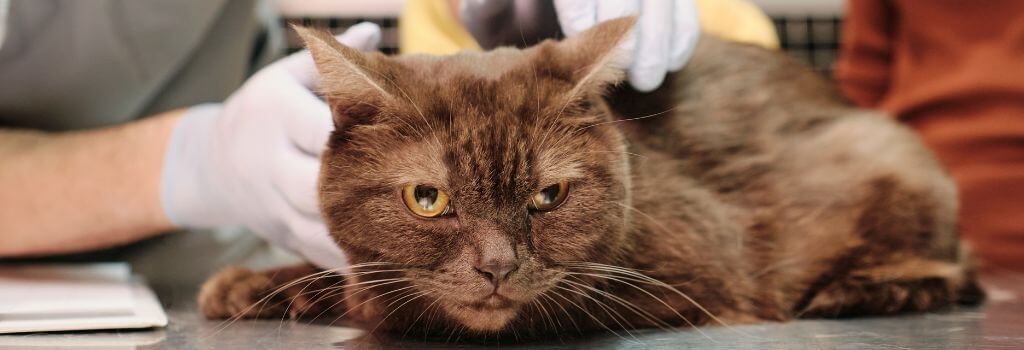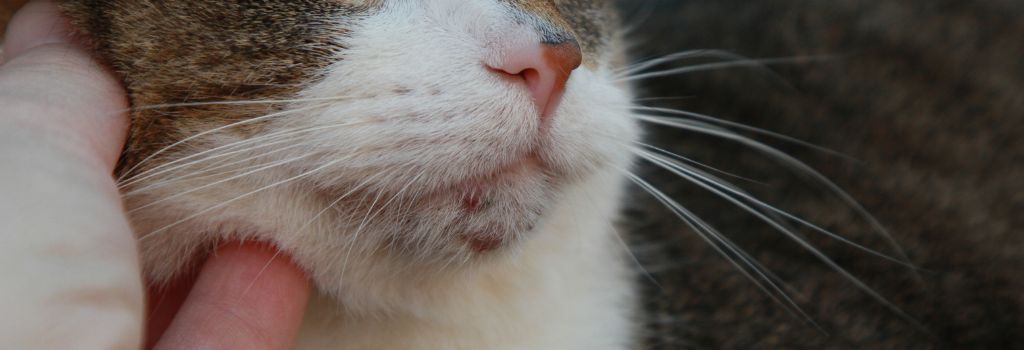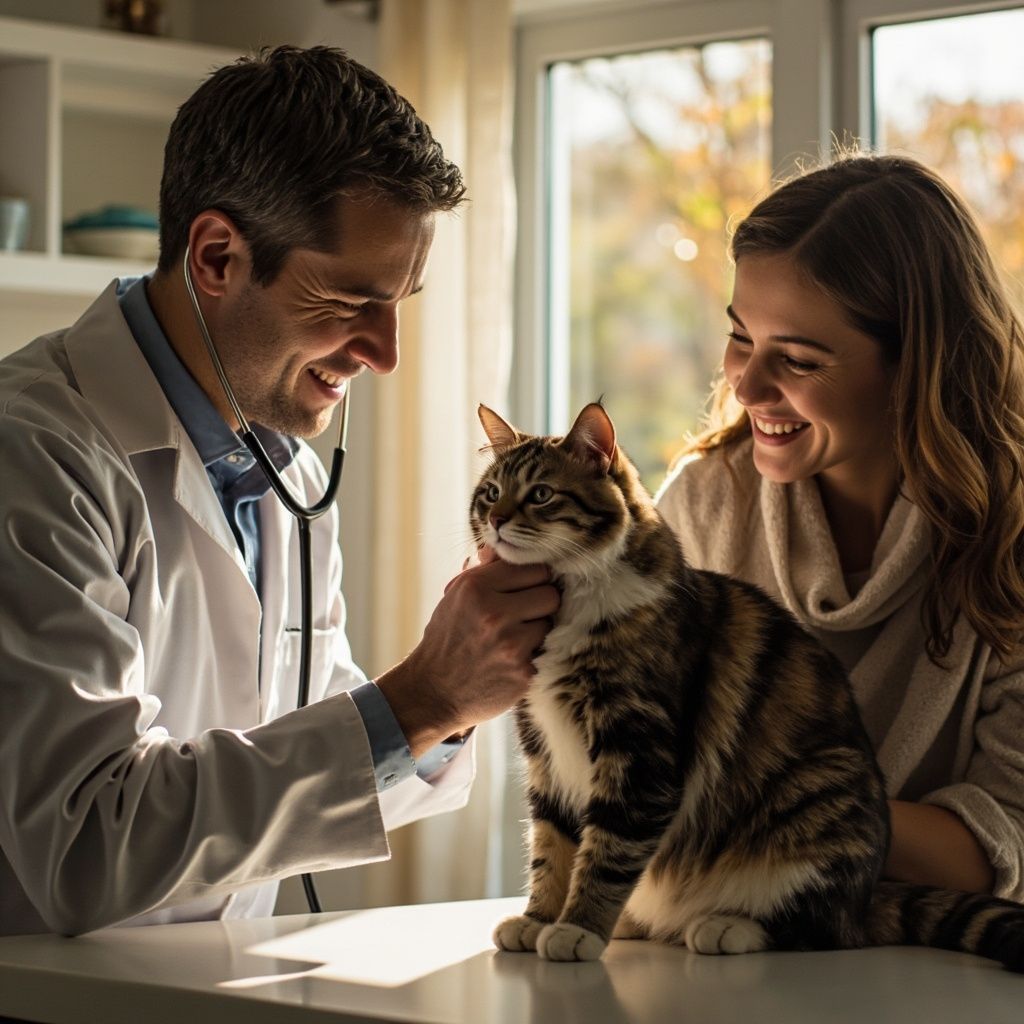Heartworm in Dogs: Why You Shouldn’t Wait Until There are Symptoms
Dog heartworm is a dreaded diagnosis that can mean extreme discomfort for your dog, but it’s also a disease that is highly preventable. Thanks to effective monthly preventatives , dogs are suffering from heartworm disease far less frequently and enjoying a high quality of life. However, no preventative measure is 100 percent effective; therefore, dog owners must know the signs and symptoms of heartworm so quick action can be taken when suspected.
Transmission of Dog Heartworm
It’s first important to understand how a dog contracts heartworm. Mosquitos are typically the cause, with mosquito larvae developing into a worm and transmitting 5 to 10 tiny worms into your dog’s skin when bitten. Those worms travel through your dog's body into the bloodstream and eventually become adult worms. That can grow up to 12 inches long and settle in the pulmonary arteries on the right side of the heart, causing heart and lung distress. Since mosquitoes are the primary cause of dog heartworm, owners should take precautions when taking their dog camping, hiking, or outside to play at dusk when mosquito activity is at its peak.
Signs of Dog Heartworm
Heartworm is a parasite, or “worm,” that lives in the heart. Unfortunately, dogs rarely exhibit symptoms during the early stages of heartworm disease. By the time a dog owner notices the signs, it's likely advanced and the dog is very uncomfortable. Heartworm disease severely impacts a dog’s health, compromising its heart , lungs, and circulation; therefore, annual screening and monthly preventatives are vital.
Early signs of dog heartworm disease include:
- Difficulty breathing
- Persistent dry or moist cough
- Weight loss
- Nose and/or mouth bleeding
Middle to late-stage symptoms of dog heartworm include:
- Abnormal heart and lung sounds
- Enlarged liver or heart
- Panting at rest
- Exercise intolerance
- Fluid backup into the lungs and abdomen
A dog can go from mild to severe symptoms fairly quickly. As the heartworm progresses and grows, a slight cough may develop, followed by more moderate to severe symptoms. When a dog is brought in for an exam out of concern, veterinarians can often hear a heart murmur.

The Importance of Early Detection
Early detection is vital since heartworm can be fatal if unnoticed or ignored. As time passes and it remains untreated, the number of worms will continue to multiply. Early detection and diagnosis are essential to avoid more serious symptoms and severe complications that can lead to death. All dogs should be tested annually, but a dog should be examined immediately if heartworm disease is suspected. This graphic created by the FDA demonstrates the life cycle of heartworm in dogs.
Treating Dog Heartworm
Treating dog heartworm can be complicated, with determining the stage being the first priority. A veterinarian will conduct ELISA tests, which test for adult female worms. Once a positive result is returned, a veterinarian will look at the blood for baby worms, called microphilaria, circulating in the body. Those baby worms are what a mosquito picks up when it bites your dog, eventually transferring it to another dog. Those two positive indicators confirm heartworm, then treatment begins.
There are three phases to dog heartworm treatment:
- A veterinarian will administer medication to prevent further infestation.
- Doxycycline antibiotic begins to kill the bacteria the heartworm is living off. This is a critical step since worms need to be killed very slowly, as there are often many of them, and they're each approximately 12 inches long. They cannot be killed too quickly, or the dog may experience complications.
- Eventually, a veterinarian will administer three injections of Immiticide or Melarsomine, into the back muscle.
Heartworm treatment can take months since it requires multiple injections a certain number of months apart. It is an investment of time and attention at home when the dog must avoid strenuous activity.

Heartworm Prevention
Dog heartworm is preventable with oral tablets or injectable medications that prevent the larvae from developing into adult heartworms. While no prevention is 100 percent effective, oral or injected preventatives exponentially decrease the likelihood of contracting heartworm.
Prevention begins as early as eight weeks old at a puppy’s first vaccine appointment. When mosquitoes bite a puppy or adult dog and deposit baby worms into their skin, they migrate over two months and get into the bloodstream. While they're still in the skin, they're susceptible to being destroyed by heartworm preventatives, which is why they are started so early in the puppy stage. The dog may get infected, but the parasite is destroyed before it does any damage.
The American Heartworm Society is a trusted resource for heartworm insight and information.
Recent Posts










